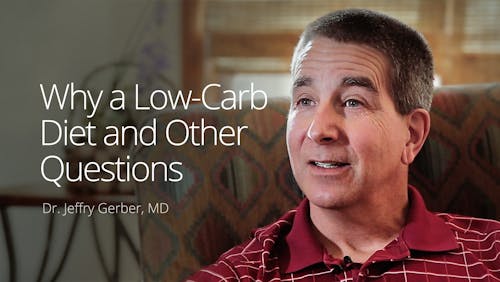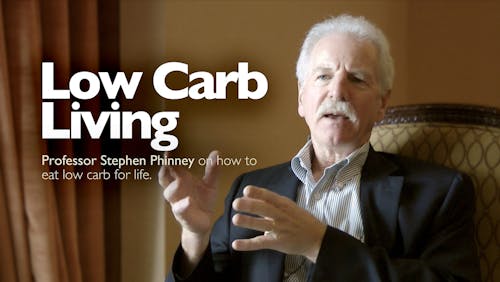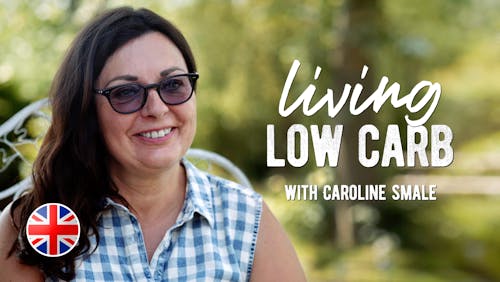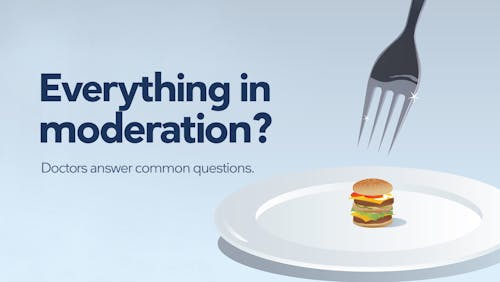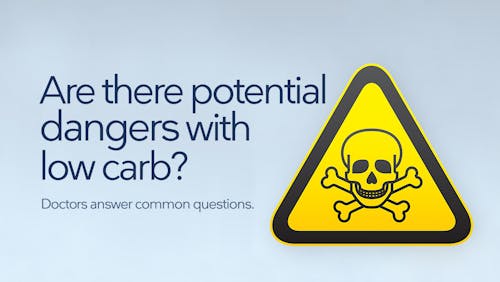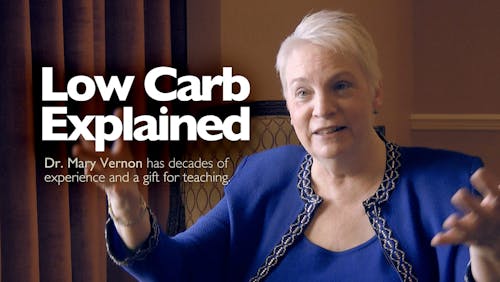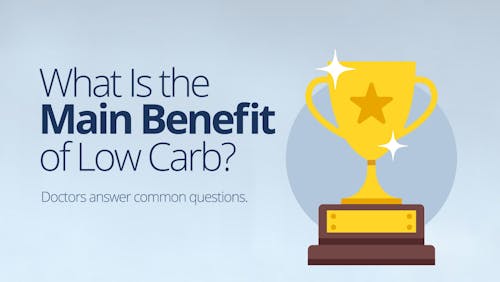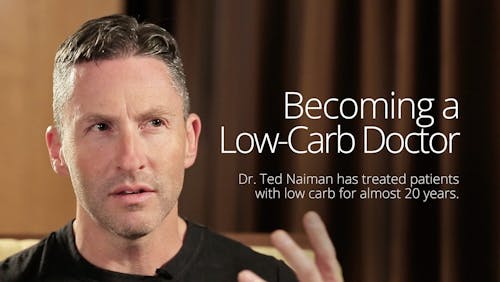What is a low-carb diet? Don’t ask Harvard!

Are you confused about what constitutes a low-carb diet? So is Harvard School of Public Health.
At Diet Doctor, we are very clear about defining low-carb. We define ketogenic low carb diets as less than 20 grams of net carbs per day, moderate low carb as 20-50 grams per day, and liberal low carb as 50-100 grams per day. Assuming a 2,000 kcal diet, that equates to <4%, <10% and <20% of total calories. You can read more in our guide, How low-carb is low-carb?
If you didn’t know the cut-offs, you are not alone. Even the Harvard School of Public Health has no idea how to define a low-carb diet. And unfortunately, that means more bad, science-grabbing headlines.
The latest nutritional epidemiology study out of Harvard, published this week in the journal JAMA Internal Medicine, is another misrepresentation of low-carb diets. The authors reviewed the historical data from the NHANES database, including over 37,000 subjects. Using food frequency questionnaires (a very poor method of obtaining data), they assigned everyone a healthy or unhealthy low-carb or low-fat diet score and tried to see if the scores correlated with risk of dying.
Although that may seem reasonable on the surface, the definitions of the scores say otherwise.
The lowest of the low-carb eaters still sourced 46% of their calories from carbohydrates. That was the lowest! That is more than twice the amount of our highest level, the liberal low-carb diet, defined as less than 20% carbs. That is really all we need to know about the study. It is painfully clear that any of the conclusions have nothing to do with a low-carb diet, so there is no need to read on.
But I will keep going just to point out other major issues, just because there were many.
How did the authors define “healthy” or “unhealthy?” They combined the intake levels of animal protein, saturated fat and low-quality carbohydrates into one score. Why in the world would they combine those factors? Wouldn’t it be nice to know if the quality of the carbs or the presence of animal proteins was more important? By combining them, they lose all credibility. If an unhealthy score correlated with risk of dying, was it related to animal protein or low-quality carbs? Combining them eliminates the authors’ ability to know.
Also, confounding variables and healthy-user bias again compromise the results. Those with a lower carb score were older, more overweight, and more likely to have conditions like diabetes or hypertension. And those who had a higher “unhealthy” diet-quality score were more likely to smoke. A study can try to control for these variables, but it is all guess work.
Read more in our guide discussing observational vs experimental studies.
If you are still reading at this point, you probably want to know what the results were. Even though they are meaningless, I might as well tell you.
There was no difference in mortality between the low-carb and low-fat groups, and there was a slight increased risk of dying for those in both the unhealthy low-carb and unhealthy low-fat groups. The authors concluded that the macronutrients don’t matter as much as the quality of the food choices.
And that makes sense for the high-carb groups studied. If you are going to eat a high-carb diet, whether you eat 46% or 58% of your calories from carbs may not matter. But you might want to make sure you are eating high-quality carbs instead of sugar or white flour.
At the end of the day, we haven’t learned much; just please don’t confuse these outcomes with the results from a real low-carb diet.
We echo December’s message from Dr. David Ludwig: we need better quality low-carb nutrition studies. Studies such as this one in JAMA Internal Medicine do nothing to help us further the science of healthy nutrition. We can and should do better.
Thanks for reading,
Bret Scher MD FACC
Earlier
Op-ed: Mislabelling a diet “low-carb” is dangerous
It’s time for more keto research
Nutrition research is hard. But is that an excuse to not do it well?



